Reading about the thousands of innocent people dying as a result of aerial bombardments, and the tens of thousands of women and children being forced to fight for life in inhuman conditions in refugee camps, one feels an urged to share the information across social media in order to shed light on the tragic situation.
Nonetheless, the question remains: despite all of the new possibilities provided to spread information across the web, how many people end up exposed to significant content, such as the terrible face of the war?
Just think: today a user on social networks can share a real-time photo of a beautiful landscape or a tasty dinner with a friend on the other side of the world. Moreover, information, images and video can easily be shared with millions.
All the same, few social media accounts, and not a single television channel, are able to capture the truth about the tragic consequences of the wars taking place around the world. The true scale of the tragedy would need to predominately showcase the innocent victims who have become hostages in conflicts they did not choose and had no say in.
How much of the media covered the recent shocking UN report on the situation in Syria? Considering it had to compete with the Oscar award ceremony for the media’s attention, likely very few.
Let’s imagine for a second that the war was taking place in our country, that our relatives and children were among those dead or surviving horrific conditions in refugee camps.
The following is only one element of the desperate scenario unveiled in the UN report on the situation in Syria last week, but it is a poignant one.

THOUSANDS OF WOMEN AND CHILDREN EXPOSED TO UNLAWFUL ARREST
The UN report on Syria reported the illegal arrests of thousands of women, men and children in territories controlled by the forces of the Syrian Democratic Forces (YPG / PKK).
The same report contains information about the killing of a large number of civilians, including women and children, committed by the regime, despite the creation of a de-escalation zone in Idlib.
Last week, a press conference was held at the UN headquarters in Geneva, with the participation of the chairman of the UN Commission of Inquiry on Syria Paulo Sérgio Pinheiro and its members – Hanny Megally and Karen Koning AbuZayd.
Hanny Megally said that the Commission members could not get permission to visit the territories in northeastern Syria, which are controlled by the terrorist YPG / PKK formations. Nonetheless, the available information shows that the situation is cause for serious concern regarding the fate of the local population.
THE CIVILIAN POPULATION CONTINUES TO DIE
Commission Chairman Paulo Sérgio Pinheiro said: “Attacks by pro-Government forces in Idlib and western Aleppo, as well as those carried out by Syrian Democratic Forces and the international coalition in Dayr al-Zawr, continue to cause scores of civilian casualties.”
“We are very concerned about the fate of the local population. In particular, those residents who fled from the war zone and took refuge in temporary camps in areas controlled by the Syrian Democratic Forces. Living conditions in these camps are terrifying. Access to humanitarian aid is virtually absent. It is necessary to take measures to help the people there. Another cause for concern is related to those residents who were detained by the CSA. We do not have any information about their whereabouts,” Megally said.
THE FATE OF THE CIVILIAN POPULATION REMAINS UNKNOWN
Megally called on the US, which supports the YPG / PKK, as well as international human rights organizations, to provide access to the region, and stressed the need to deliver humanitarian aid to the local population from organizations such as the UN and the Red Cross.
The report describes the re-growth of tension and increased instability in Idlib and Aleppo: “In recent weeks, there has been an increase in clashes in Idlib, which has a very negative effect on the local population.”
“THE WAR IN SYRIA HAS NOT ENDED”
Pinheiro stressed that military operations in Syria are ongoing. “Indeed, seven years of prolonged hostility have spawned numerous security vacuums, elevating the risk of both continued violence in many areas and impunity for serious human rights violations.”
BASIC RIGHTS UNMET
Megally also stressed that the regime’s forces, having established control over the territories of Douma, Daraa and northern Homs, keep the population in fear, conducting illegal detentions and arrests. According to the information provided in the report, the regime’s forces are unable to meet the populations basic needs such as education, medical care and permanent housing.







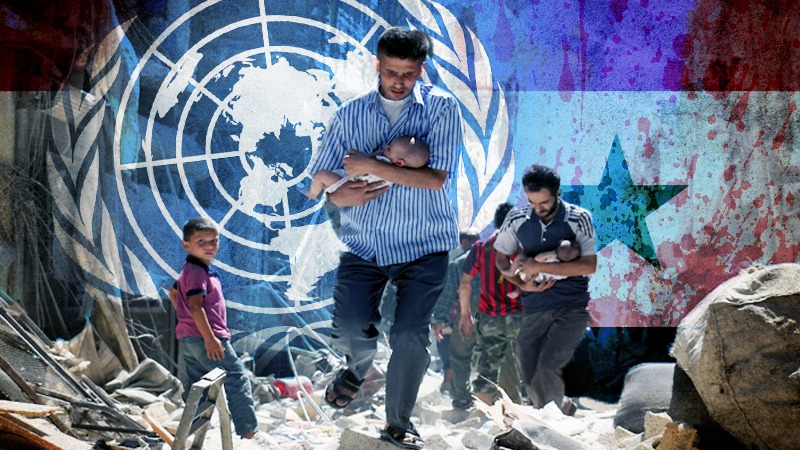
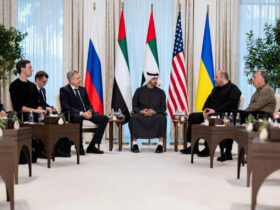
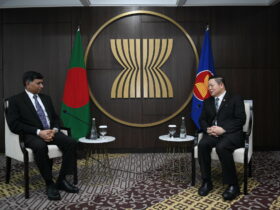

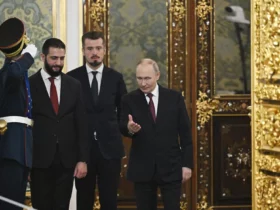

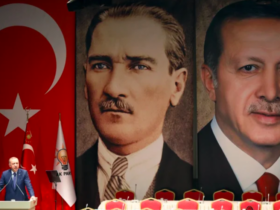



Leave a Reply